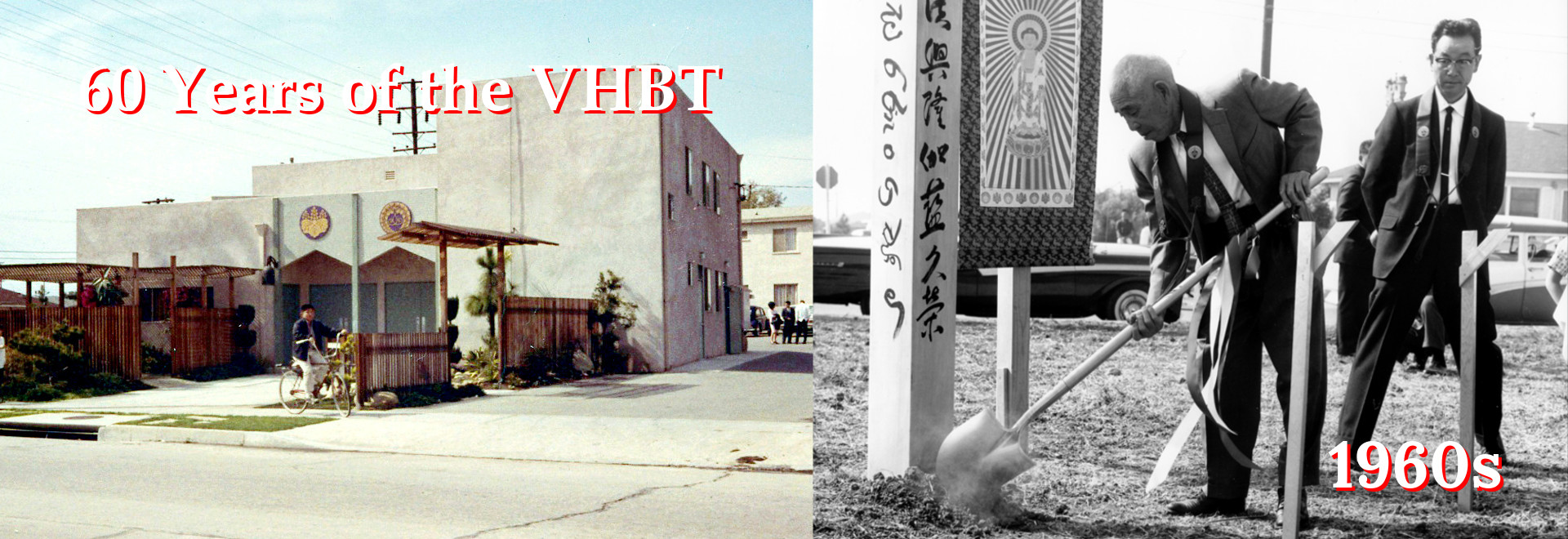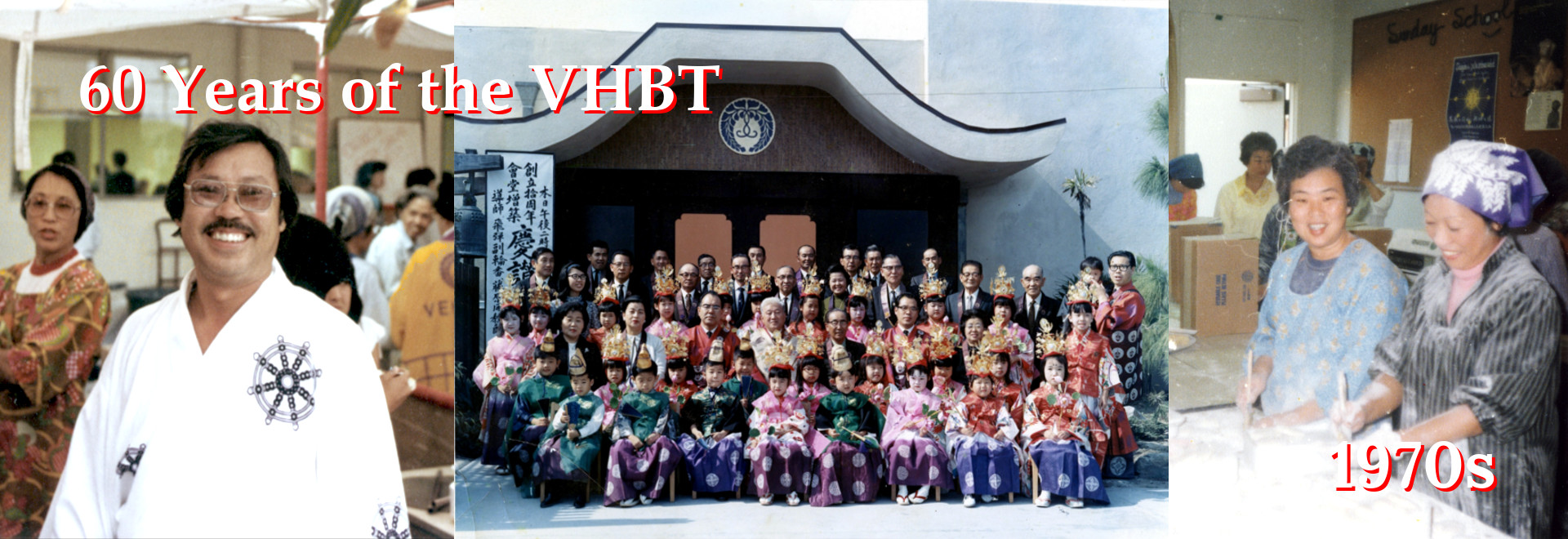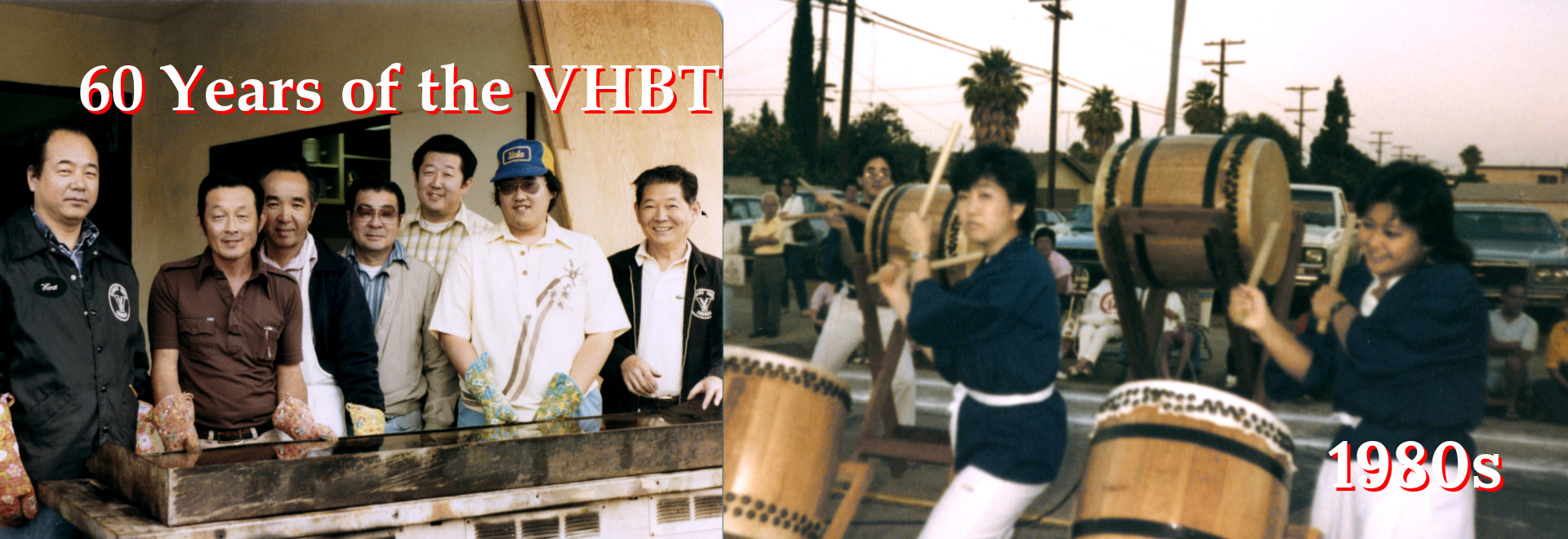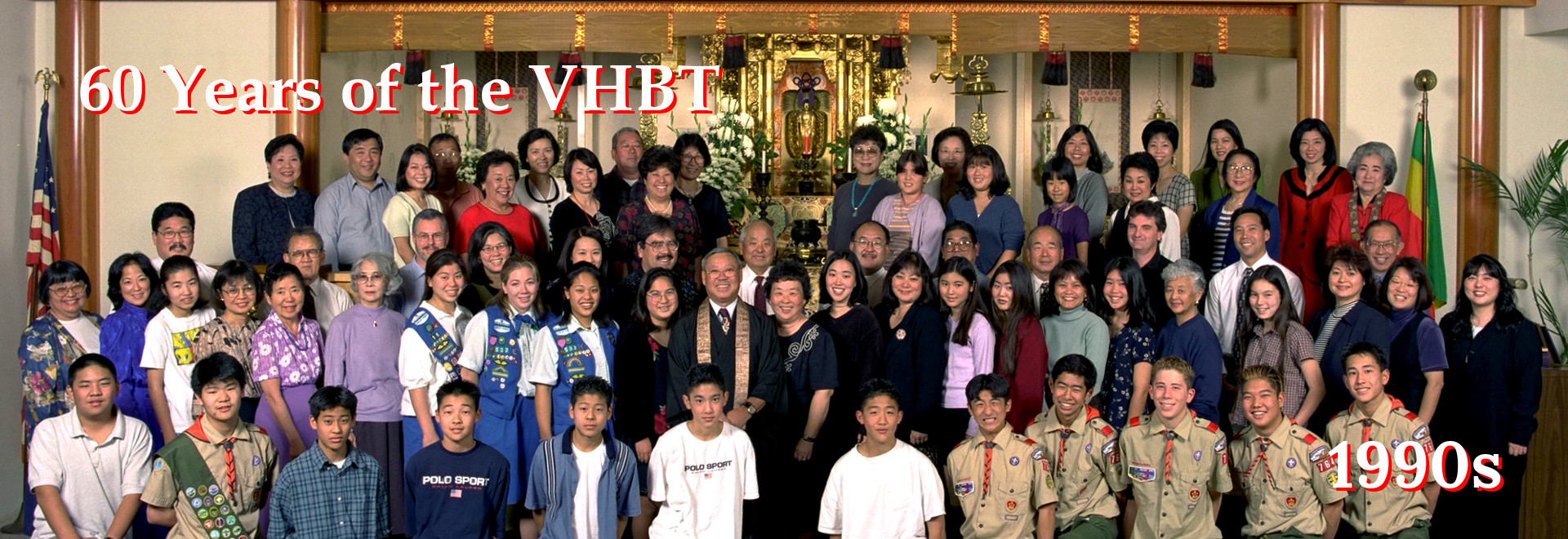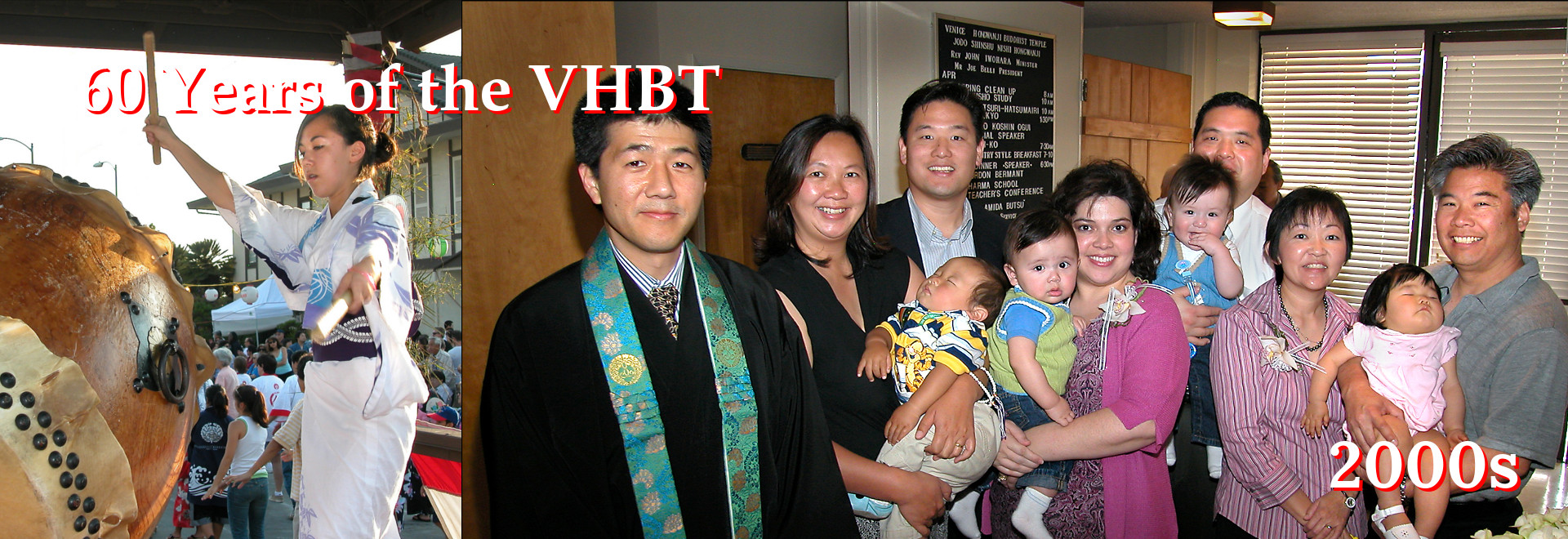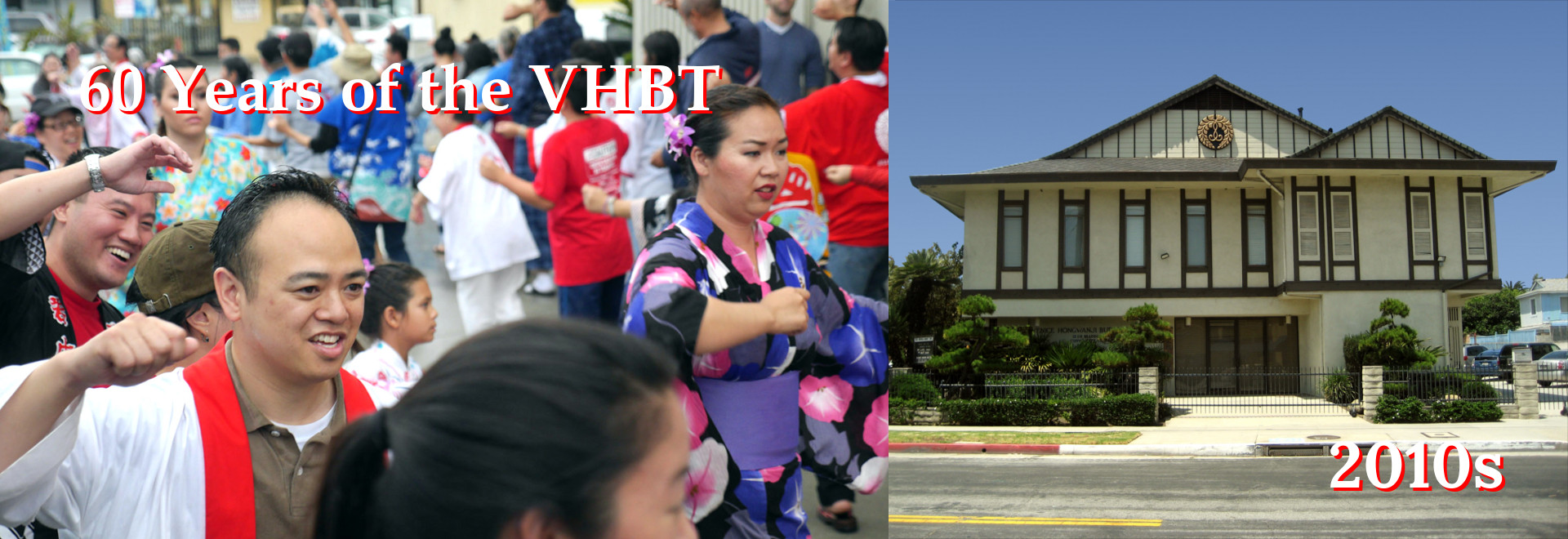In our lives we experience many things. The things we experience we tend to label as pleasant, unpleasant, or neither pleasant nor unpleasant. We regard these experiences as being positive, negative or neutral. As human beings, however, we also look at our experiences and sometimes go beyond the simple label of positive, negative or neutral. We discover our experiences can also be meaningful. In finding meaning in our experiences we can be burdened by the experience or find inspiration in the experience. Religion helps us, I think, to figure out how to find meaning in the form of inspiration in all of our experiences regardless of whether we might label it as positive, negative or neutral.
The death of a loved one, for example, would tend to be labeled as unpleasant and negative. It is an experience that can become a burden to us as we try to carry the weight of our loss and misery. How does religion, or in this case Jodo Shinshu help us to find inspiration in something like this?
Not too long ago I participated in the funeral services for the late Reverend and Mrs. Shoki Mohri. It was, I’m sure, a difficult time for the Mohri family as Mrs. Mohri and Reverend Mohri left their human forms within a week of each other. Because of how close their deaths occurred, the family decided to have a combined funeral for Reverend and Mrs. Mohri. It was a very well attended service numbering in the thousands. It was a testament to the number of lives Reverend and Mrs. Mohri were able to touch and enrich in their lives. I count myself as one of those lucky enough to be counted in those numbers. I’m sure there were many, many more who could not attend the funeral service. Although the meaning and value of a life cannot and should not be equated to the number of people who attend a funeral service, the reason I bring this up is because the people who gathered came from decades of connections. Some people were originally brought together because of this couple and now decades later they were brought together again because of this couple.
Everyone knows that a funeral service is a sad event. And yet, when you are brought together again after decades of separation you can’t help but to rejoice and then to remember what helped to bring you together. I saw this happening over and over again at the funeral service. At first I was puzzled and perplexed. Then, after seeing it happen again and again, I began to slowly understand that the funeral service is actually a gift from the departed. It is a gift that tells us, “Don’t be burdened by our loss of human life. Be inspired by the gifts we have given you.”
At the funeral service we are reminded that we have been given the gift of life: we have been given the gift of friends and families. We have been given the gift of culture and customs: we learn about things like how to place the uchishiki on the obutsudan, how and when to hold memorial services, and are reminded to do all the “little things” like say “thank you.” Finally, we discover the greatest gift of all. We discover that we have always been and always will share the Nembutsu. Through the funeral service we discover that the burden of loss becomes the inspiration to share in life, or the immeasurable life and the inconceivable light that is Namo Amida Butsu.
Rev. John Iwohara
